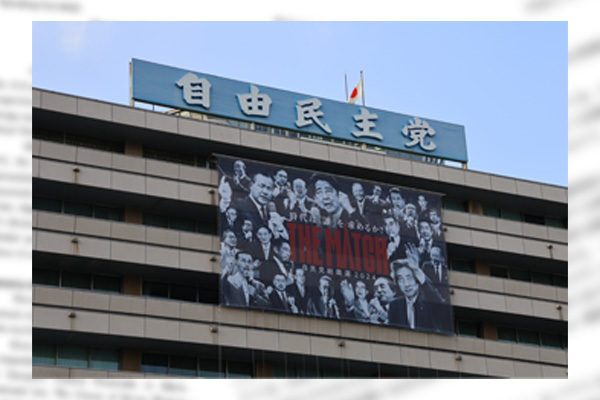Former Environment Minister Shinjiro Koizumi, who is considered one of the front-runners in the ruling Liberal Democratic Party’s presidential election, expressed his determination to complete labor market regulatory reform in a one-year timeframe at his run-off press conference on September 6. However, labor market mobility must be premised on a recovery in demand in Japan’s economy. A wrong prioritization could result in unemployment.
Meanwhile, I was surprised by his remark at the press conference that he would “create an economy that grows even with inflation and interest rates.” He seems to have a shallow understanding about inflation and interest rates. The Japanese government has set an inflation target of 2% for price stability based on a virtuous cycle of wages and prices. This moderate level of inflation is necessary for economic growth. Furthermore, it is natural for interest rates to be charged in a normal economy. In this regard, some criticize the past zero interest rate policy of the Bank of Japan under former Governor Haruhiko Kuroda as an anomaly. However, the anomaly was not the zero-interest-rate policy but deflation that forced the central bank to pursue the policy.
Deregulation should be premised on demand recovery
Koizumi says that Japan’s economy is in decline because of a sense of stagnation in society. In particular, he believes that the root cause of the decline is that talented people and funds are concentrated in large companies and do not flow to small and medium-sized enterprises, especially start-ups. He emphasizes the need for regulatory reform related to the labor market, such as the relaxation of dismissal regulations, to stimulate the flow of human resources from large companies to smaller enterprises. He also argues that large companies are required to focus on human resource development and reskilling. Koizumi argues that new legislation is needed to relax dismissal regulations and mandate human resource development.
Certainly, labor market mobility to shift human resources to more productive industries or companies is important and it helps to improve productivity. However, there is a prerequisite for labor mobility to contribute to the economy and people’s lives. The prerequisite is sufficient demand in Japan’s economy. If dismissal regulations were relaxed to unleash so-called monetary dismissal even amid demand shortages, dismissed workers could have difficulties finding next jobs and become jobless.
It is important to develop a competitive environment through deregulation. It was what the Abenomics growth strategy intended to do. But the strategy did not work well in the absence of sufficient demand. In a deflationary environment, the liberalization of labor mobility cannot and should not be done. In such environment, workers refrain from moving out of their current workplaces in consideration of big risks, and wages do not rise. This is because securing workplaces is more important than winning wage hikes. A deflationary economy goes in the direction of maintaining the status quo in all aspects.
Don’t rush to mobilize labor force
At present, signs of a virtuous cycle of wages and prices are emerging at last. While cost-push inflation involving energy and food, originating from overseas, is waning, demand-pull inflation through people’s consumption is beginning. However, Japan still remains an economy with demand shortages. While I agree to the pursuit of labor market mobility, top priority should now be given to aggressive fiscal policy and continuing monetary easing until demand exceeds the potential supply capacity. Japan must not rush to mobilize labor force.
Etsuro Honda is a member of the Planning Committee of the Japan Institute for National Fundamentals and a former special adviser to the cabinet. He advised then Prime Minister Shinzo Abe for the success of Abenomics.


